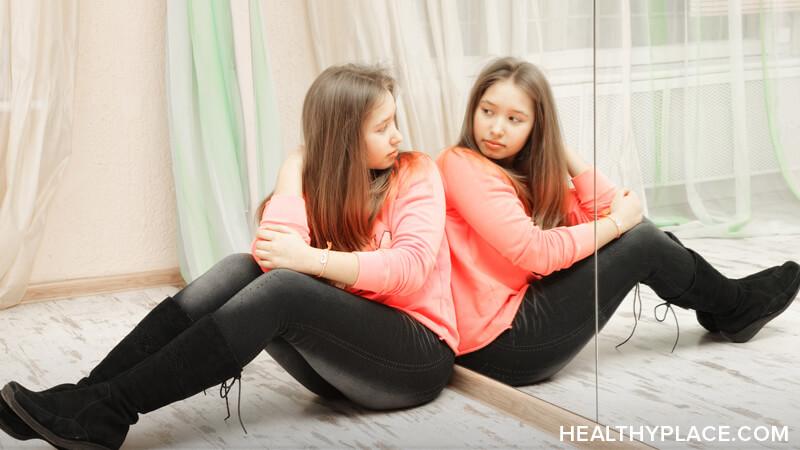Do I Have a Just Relationship with My Own Body?

Do I have a just relationship with my own body? Until a week ago, I never thought to ask myself this question. But thanks to an insightful podcast I recently listened to, it's now at the forefront of my mind. The podcast featured an interview with Sonya Renee Taylor, activist, and author of The Body Is Not an Apology, who feels that body acceptance (which she calls "radical self-love") is an essential, intersectional component of social justice. She poses the idea that how someone views or treats their body is an internal reflection of their external convictions about equity, inclusion, and justice in the world. I think this concept is fascinating, so I can't help but wonder: Do I have a just relationship with my own body? To be transparent, I seriously doubt it.
The Connection Between Social Justice and Body Relationships
Taylor phrases the question like this:
"If I'm saying I want to practice justice, am I in a just relationship with my own being?"1
That's a humbling topic for self-examination. Do I interact with this body I live in as though we are equal partners, worthy of care and respect? Or do I impose the forces of control, dominance, coercion, and punishment on it? Does the treatment I subject my own body to communicate that I believe in a society where all bodies are given the same amount of value? Or does it show that I am actually complicit in a harmful structural order which continues to elevate some types of human bodies over others?
In short, how can I advocate for equity across the board—for all body shapes, orientations, colors, and sizes—if my inner thoughts or behaviors do not align with that same ethos? How do I break the vicious cycle and nurture a just relationship with my own body? As with most facets of my eating disorder recovery, I think it starts with raw honesty. So here's the truth: I am not practicing radical self-love because I still hold onto behaviors that do not serve my healing. Moreover, while I continue to treat this body of mine as a mechanism to control, subdue, or improve, I will not be unconditionally and unapologetically free. I do want that freedom, though.
Starting to Cultivating a Just Relationship with My Own Body
At this particular stage in my life, I have more questions than answers. I'm not exactly sure how to start chiseling away at these habitual, culturally-conditioned patterns of thought and behavior. But I do know this: If external body acceptance and other forms of social justice matter to me, then it stands to reason I must also reflect those priorities internally. I am a human being of intrinsic worth, and I deserve to create a just relationship with my own body. The more I cultivate this, the more my insides will align with the outward values I proclaim in the world. This feels important enough to lean into, so I'll hold Taylor's message close to my heart and pursue actions that encourage radical self-love. My therapist and I have our work cut out for us this year.
Source
- Taylor, S. R. (2023, January 12). We Can Do Hard Things Ep. 168: What If You Loved Your Body? (G. Doyle, Interviewer). Momastery. Retrieved January 17, 2023, from https://momastery.com/blog/we-can-do-hard-things-ep-168
APA Reference
Schurrer, M.
(2023, January 18). Do I Have a Just Relationship with My Own Body?, HealthyPlace. Retrieved
on 2026, January 2 from https://www.healthyplace.com/blogs/survivinged/2023/1/do-i-have-a-just-relationship-with-my-own-body